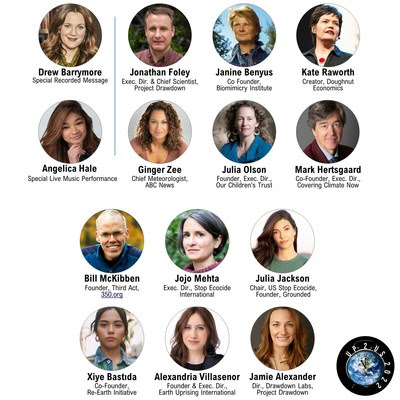WASHINGTON, Sept. 14, 2022 (GLOBE NEWSWIRE) — The Sabin Vaccine Institute today announced it is receiving an additional $21.8 million under an existing contract with the Biomedical Advanced Research and Development Authority (BARDA), part of the Administration for Strategic Preparedness and Response at the U.S. Department of Health and Human Services. These funds advance development of a vaccine against Marburg virus disease, a virus that is related to Ebola Zaire which killed 2200 people during the last major outbreak that ended in 2020.
The Sabin Marburg vaccine is the only candidate currently slated for a Phase 2 clinical trial. Marburg is among the world’s deadliest viruses, resulting in the death of approximately half the people the virus infects. Currently, there are no approved vaccines or treatments for the disease. As recently as July this year, two people in Ghana died after being infected with Marburg virus, reinforcing the urgent need for medical therapies.
The latest tranche of funds enables Sabin to conduct a randomized, blinded, placebo-controlled clinical trial among adults in the U.S. to further evaluate the safety and the efficacy of the Marburg vaccine candidate and advance non-clinical vaccine dosing studies. The Phase 2 clinical trial in the U.S. will begin after Sabin has initiated a same-stage trial in Africa, currently scheduled for 2023. Sabin will also undertake a non-clinical study on the vaccine candidate during this phase.
“Beginning Phase 2 clinical trials for the Marburg vaccine is a pivotal milestone for us and we appreciate BARDA’s continued confidence in our work and support for this critical next step,” says Sabin Chief Executive Officer Amy Finan. “Vaccines remain our best bet against death and disability from deadly viruses. I am hopeful that in the years ahead, we can offer this life-saving vaccine to every person who needs it.”
In 2019, BARDA awarded Sabin a multi-year contract valued at $128 million to further the development of vaccines against two lethal viruses: Marburg and Ebola Sudan. With BARDA now exercising the latest option of that contract, Sabin’s Ebola and Marburg Research & Development program, to date, has been awarded $98.6 million.
BARDA is part of the Administration for Strategic Preparedness and Response within the U.S. Department of Health and Human Services. This project has been funded in whole or in part with federal funds from the Department of Health and Human Services; Administration for Strategic Preparedness and Response; Biomedical Advanced Research and Development Authority, under contract number 75A50119C000555.
Learn more about Sabin’s Marburg and Ebola Sudan Program.
About the Sabin Vaccine Institute
The Sabin Vaccine Institute is a leading advocate for expanding vaccine access and uptake globally, advancing vaccine research and development, and amplifying vaccine knowledge and innovation. Unlocking the potential of vaccines through partnership, Sabin has built a robust ecosystem of funders, innovators, implementers, practitioners, policy makers and public stakeholders to advance its vision of a future free from preventable diseases. As a non-profit with more than two decades of experience, Sabin is committed to finding solutions that last and extending the full benefits of vaccines to all people, regardless of who they are or where they live. At Sabin, we believe in the power of vaccines to change the world. For more information, visit www.sabin.org and follow us on Twitter, @SabinVaccine.
About Ebola Sudan and Marburg
Ebola Sudan and Marburg are members of the filovirus family. Both can cause severe hemorrhagic fever in humans and nonhuman primates. No therapeutic treatment of the hemorrhagic fevers caused by filoviruses has been licensed to date. Marburg and Ebola viruses are transmitted to humans by infected animals, particularly fruit bats. Once a human is infected, the virus can spread to others through close personal contact or contact with bodily fluids. Isolation of infected people is currently the centerpiece of filovirus control.
Marburg was the first filovirus to be recognized in 1967 when outbreaks of hemorrhagic fever were reported in a few Europe-based laboratories including in the town of Marburg, Germany. Ebola was identified in 1976 when two simultaneous outbreaks occurred in northern Zaire (now the DRC) in a village near the Ebola River and southern Sudan. The outbreaks involved what eventually proved to be two different species of Ebola virus; both were named after the nations in which they were discovered.
Media contact:
Rajee Suri
press@sabin.org

